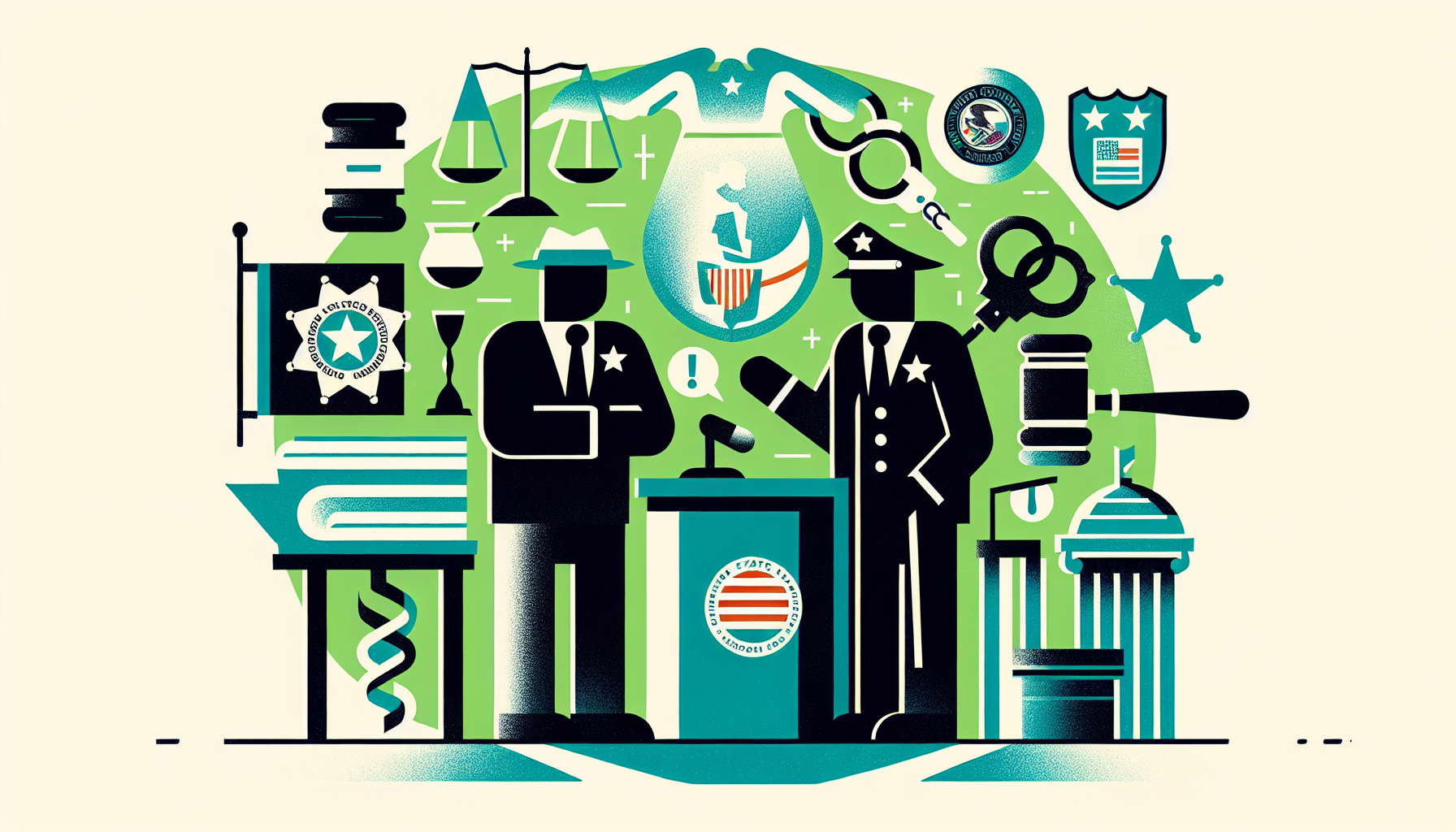United States President Donald Trump warned Illinois Governor JB Pritzker to "straighten out" crime in Chicago "fast" and threatened to send the National Guard should he fail to do so. "Six people wer...
Why it matters
- President Trump's remarks highlight the ongoing concerns regarding crime rates in major U.S. cities, particularly Chicago.
- The threat to deploy the National Guard underscores the federal government’s willingness to intervene in local law enforcement issues.
- This situation raises questions about state-federal relations and the effectiveness of local governance in addressing public safety.
In a recent statement, President Donald Trump directed sharp criticism at Illinois Governor JB Pritzker, urging him to take immediate action to address the escalating crime rates in Chicago. During a press briefing, Trump expressed his discontent over the violence that has plagued the city, threatening to send in the National Guard should the governor fail to restore order swiftly.
“Chicago needs to be straightened out, and it needs to be done fast,” Trump remarked, emphasizing the urgency of the situation. His comments come in the wake of a particularly violent weekend in the city, where six lives were reportedly lost to gun violence, further amplifying the discussions around public safety and law enforcement efficacy in urban areas.
The president's remarks seem to echo a growing frustration among many residents and officials who have witnessed a surge in violent crime over the past year, exacerbated by the social and economic strains of the COVID-19 pandemic. The violence in Chicago, which has long been a focal point of national crime discussions, has reignited debates about the role of local and federal authorities in managing public safety.
In response to Trump’s comments, Governor Pritzker defended his administration’s efforts to combat crime, emphasizing the need for a comprehensive approach that involves community engagement and support. He highlighted various initiatives aimed at addressing the root causes of violence, such as poverty and lack of access to education. Pritzker's office stated that they are committed to working with local law enforcement and community organizations to create a safer environment for residents.
However, Trump’s ultimatum raises significant concerns about the potential for federal intervention in state matters. The mention of the National Guard is particularly contentious, as it implies a shift in how crime is managed. Many are wary of the militarization of police and the implications it has on civil liberties. There is a historic precedent for the deployment of the National Guard in urban areas, often leading to tensions between state authorities and federal forces.
Critics argue that while federal assistance might be necessary in critical situations, it can also undermine local governance and the trust communities have in their leaders. The call for military intervention may also detract from the community-driven solutions that many activists and leaders advocate for, which focus on social reforms rather than punitive measures.
The discussion surrounding crime in Chicago is not new, as the city has faced similar challenges for decades. However, the political landscape has shifted, with crime becoming a pivotal issue in upcoming elections. Trump’s comments could serve to galvanize certain voter bases who prioritize law and order, while also polarizing opinions among those who view such statements as an overreach.
Public safety remains a top priority for many Americans, and the debate over the best strategies to achieve it continues. The response from Chicago’s leaders, both at the city and state levels, will be crucial in determining how this situation evolves. The collaboration—or lack thereof—between local and federal authorities in the coming weeks will likely affect perceptions of governance and public safety in urban areas across the country.
As the situation unfolds, many will be watching closely to see if the threats made by Trump lead to any substantial changes in policy or practice. Whether the deployment of the National Guard becomes a reality or remains a rhetorical tool in the political arena, the implications for Chicago and similar cities could be profound. The outcome of this clash over crime management will not only influence local policy but may also set a precedent for future interactions between state and federal governments in managing public safety.











